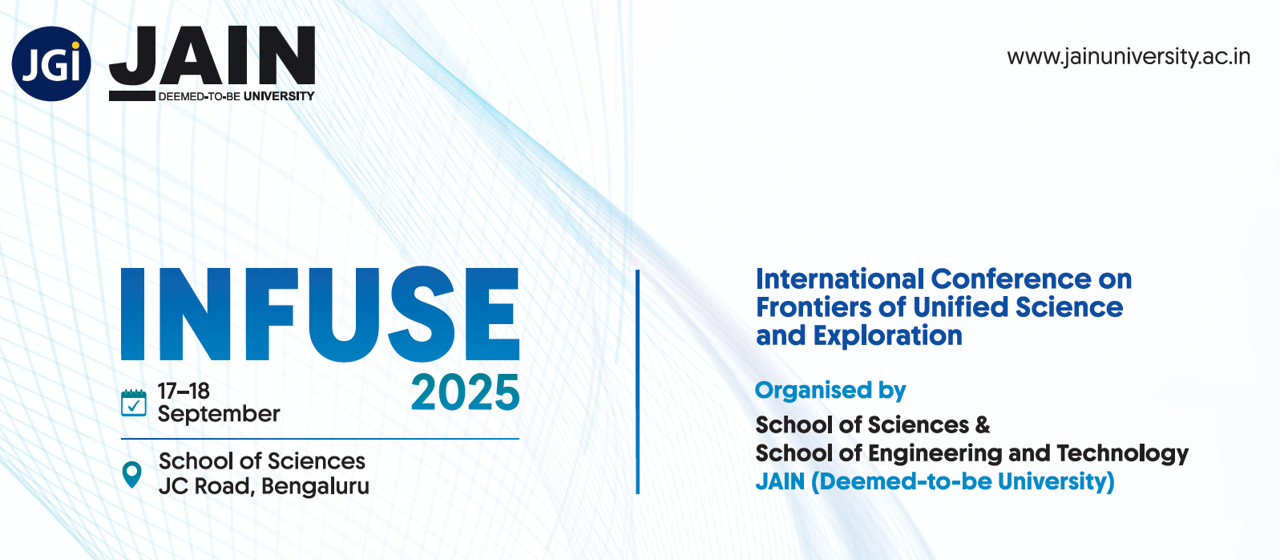Speakers
Description
ABSTRACT
The emergence of antibiotic-resistant bacterial infections has intensified the global need for safe, sustainable, and plant-based alternatives. This study investigates the antimicrobial and antioxidant potential of Averrhoa bilimbi leaf extracts, focusing on their efficacy against pathogenic bacteria implicated in skin and systemic infections. Leaf extracts were prepared using solvents of varying polarity—hexane, ethyl acetate, and methanol—and subjected to phytochemical screening, DPPH antioxidant assays, and a series of antimicrobial tests including Minimum Inhibitory Concentration (MIC), Minimum Bactericidal Concentration (MBC), disk diffusion, and time-kill assays.
Among all extracts, the methanolic extract demonstrated superior phytochemical richness and biological activity, exhibiting strong free radical scavenging capacity and broad-spectrum antibacterial effects, particularly against Staphylococcus aureus and Escherichia coli. Time-kill assays further confirmed its bactericidal nature, showing a dose- and time-dependent decline in bacterial viability.
The extract's potency is attributed to a synergistic interplay of flavonoids, phenols, alkaloids, and saponins—compounds known to disrupt microbial membranes and inhibit key enzymatic pathways. The study also integrates planned GC-MS analysis to identify and profile the bioactive constituents, laying a foundation for future therapeutic development.
This research validates the ethnomedicinal relevance of Averrhoa bilimbi and positions it as a promising candidate for next-generation plant-based antimicrobials, especially in the context of rising multidrug resistance. The findings advocate for the integration of phytotherapy into mainstream clinical research and drug discovery.

